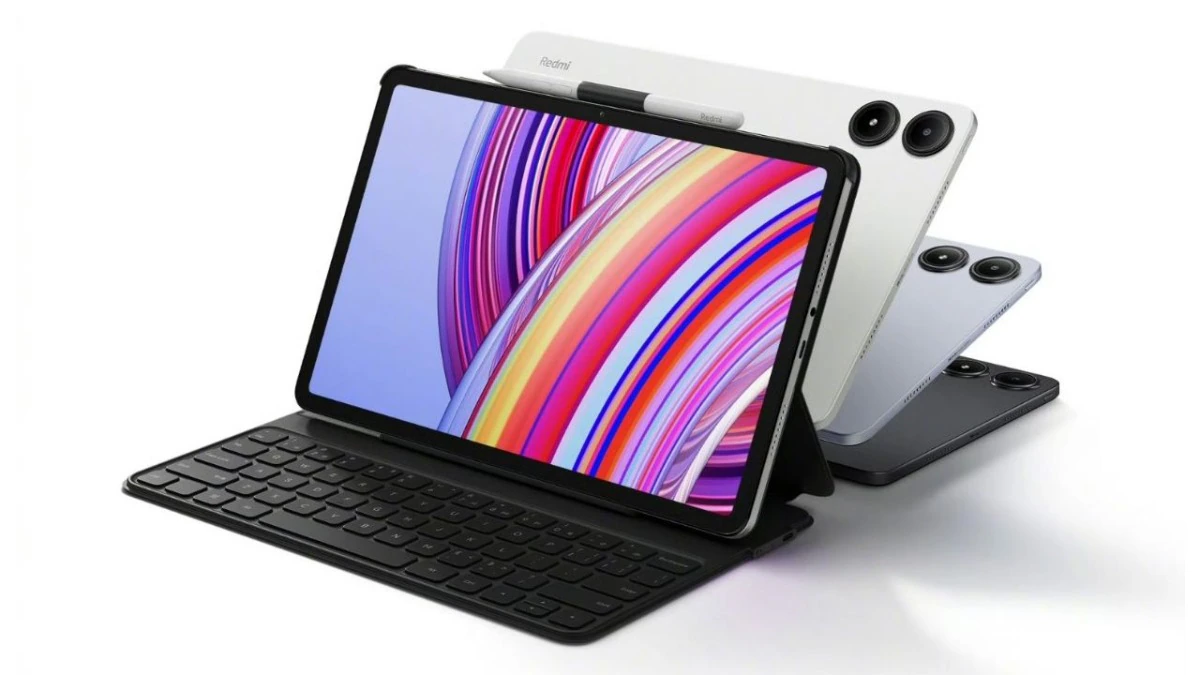In an unexpected move that has left many Windows users nostalgic, Microsoft has announced the discontinuation of WordPad, a staple text editing tool that has been part of the Windows operating system since its introduction with Windows 95. This decision marks the end of an era for the lightweight word processor that has served as a middle ground between Notepad’s simplicity and Microsoft Word’s complexity. Microsoft’s announcement underscores the evolution of software needs and the company’s focus on modernizing its suite of applications.
WordPad has been a fundamental component of Windows, providing users with the ability to create and edit documents with basic formatting and rich text capabilities, including support for RTF, DOC, and ODT formats. Despite its simplicity, WordPad has been a go-to editor for users looking for a straightforward and accessible word processing tool without the need for advanced features found in full-fledged office suites.
Microsoft’s official documentation now indicates that WordPad is no longer under active development. Future updates of Windows will see the removal of WordPad, signaling Microsoft’s push towards more advanced and feature-rich alternatives. This decision aligns with the company’s broader strategy of refining and enhancing the user experience on Windows by focusing on software that meets modern computing demands.
For users who rely on WordPad for daily tasks, Microsoft recommends transitioning to Microsoft Word for rich text document needs and to Notepad for those requiring plain text editing. This transition is indicative of Microsoft’s commitment to offering a range of options catering to diverse user requirements, from basic text editing to comprehensive document management.
As WordPad prepares to take its final bow, users may wonder about the available alternatives that can serve similar functions. Microsoft Word stands out as a comprehensive solution, offering a wide array of features for document creation and editing. For users seeking simplicity, Notepad remains a viable option, especially for plain text files.
Beyond Microsoft’s ecosystem, numerous third-party text editors and word processors offer rich features and compatibility with various file formats. Programs like LibreOffice Writer and Google Docs provide free alternatives with robust word processing capabilities, cloud integration, and collaborative features that cater to a range of needs, from personal projects to professional documentation.
The removal of WordPad reflects Microsoft’s ongoing efforts to adapt its software offerings to the evolving needs of users and the technological landscape. While some may view this change with a hint of nostalgia, it also opens the door to exploring new and innovative tools that can enhance productivity and creativity on the Windows platform.
For further details on WordPad’s discontinuation and insights into alternative word processing tools, users are encouraged to stay tuned to updates from Microsoft and explore the rich landscape of available software solutions that continue to push the boundaries of digital document creation.
























Add Comment